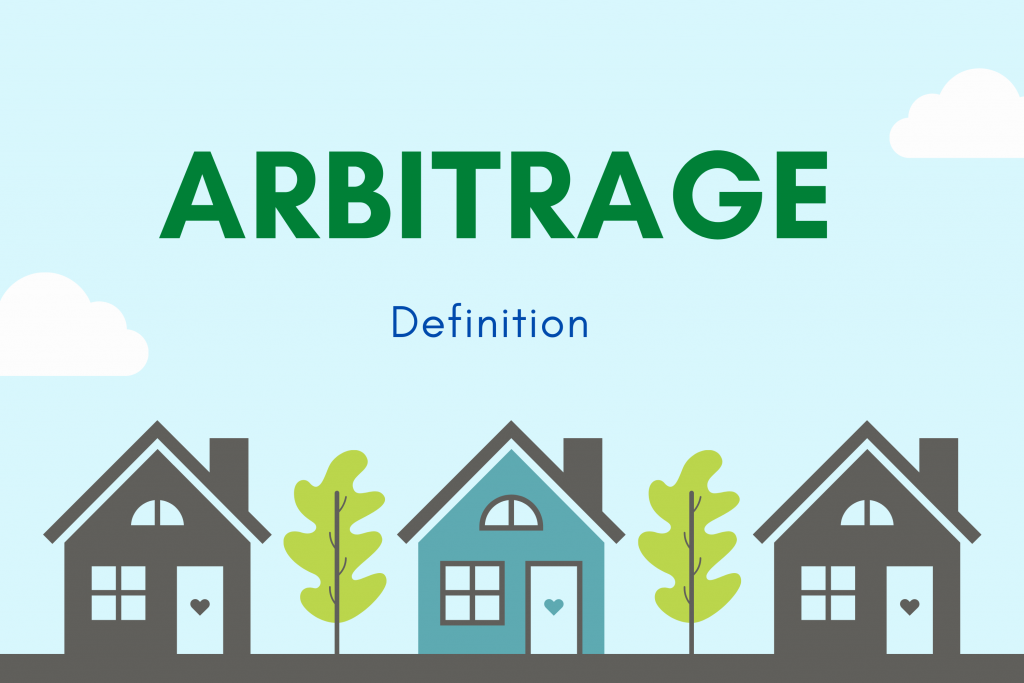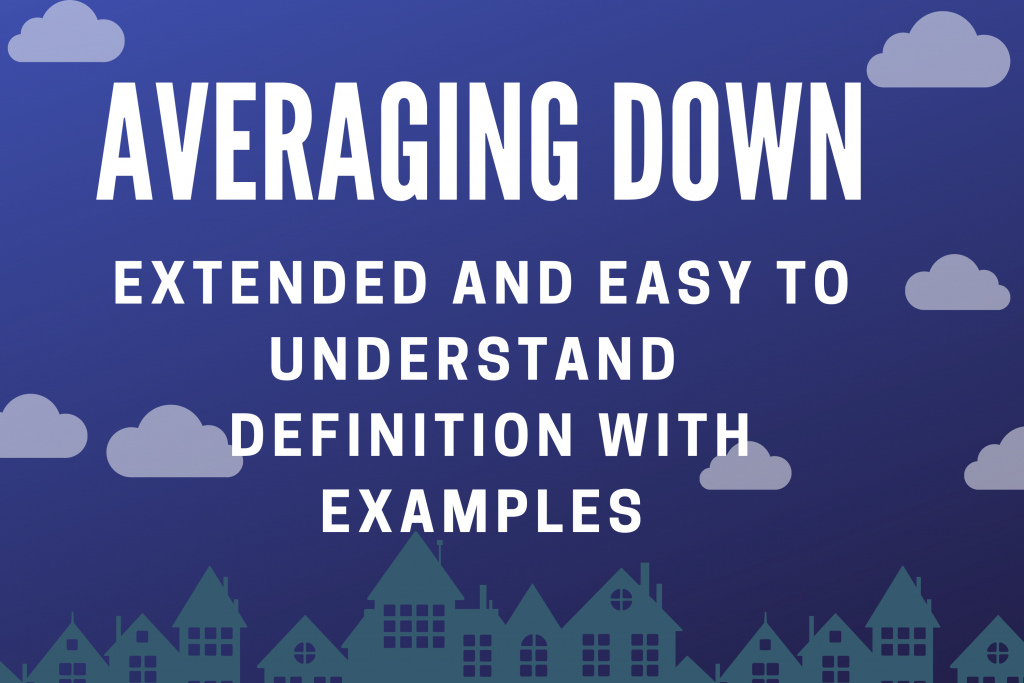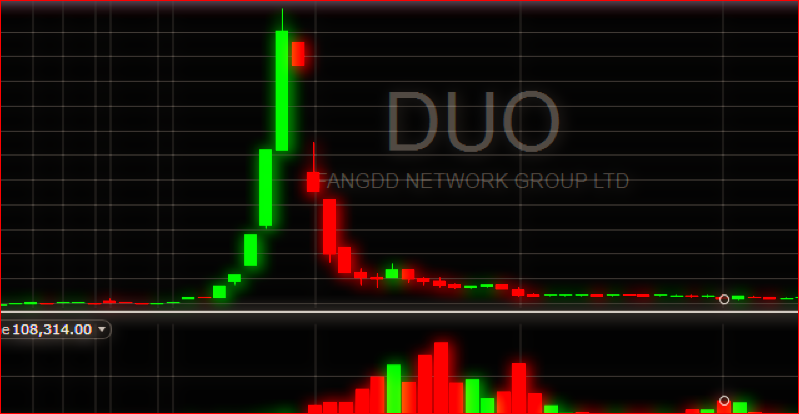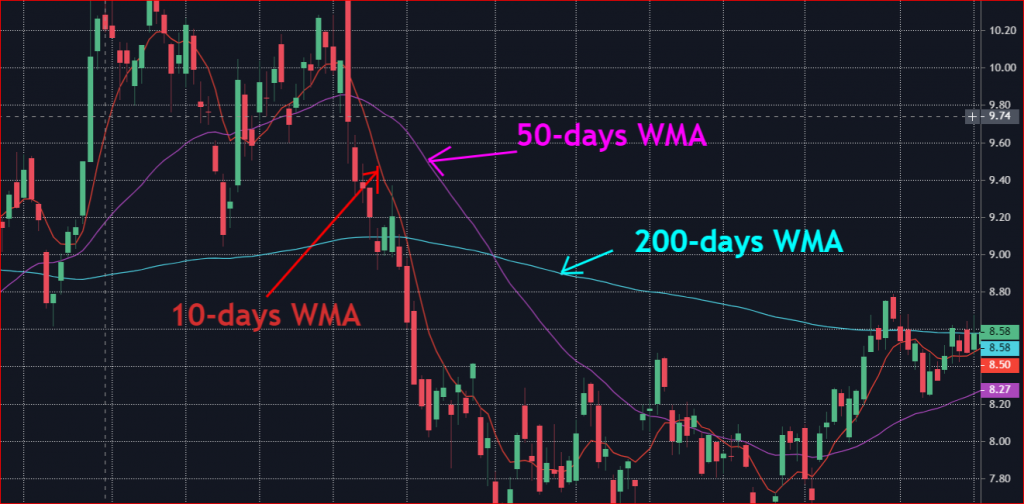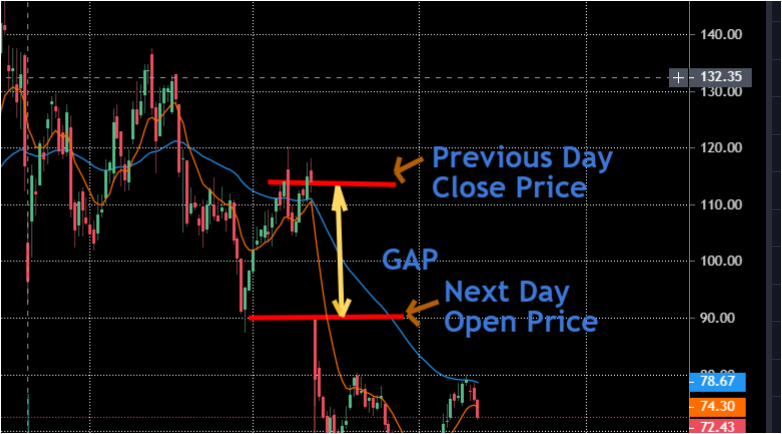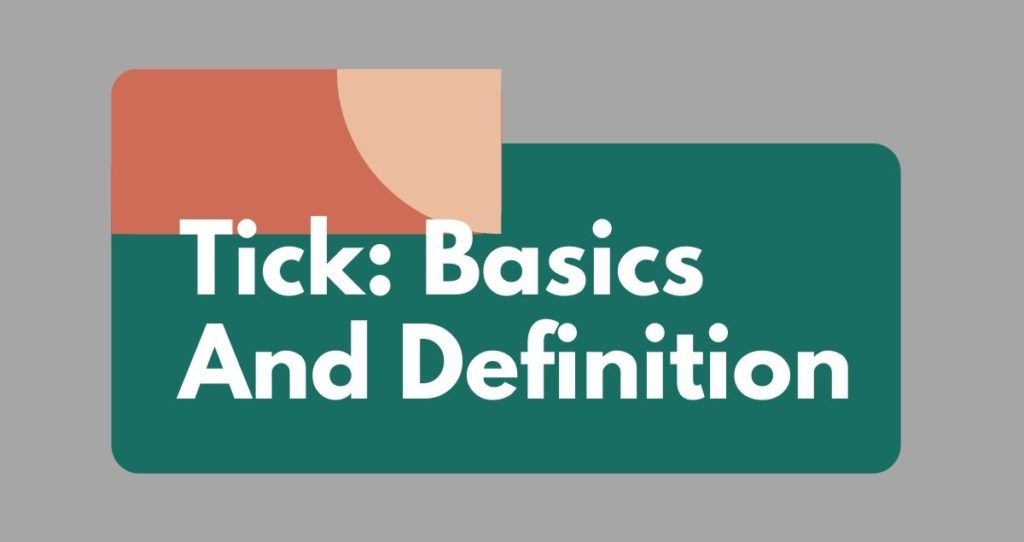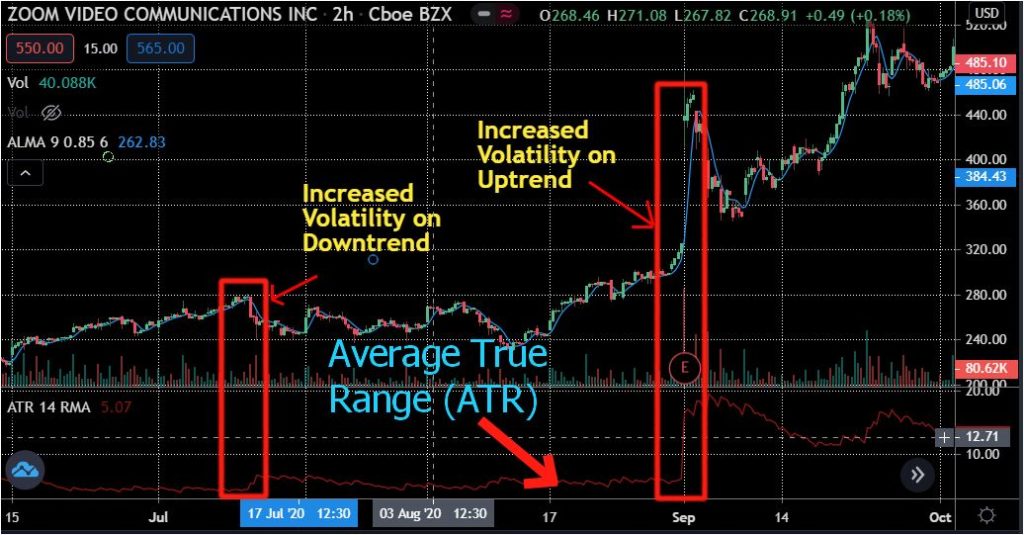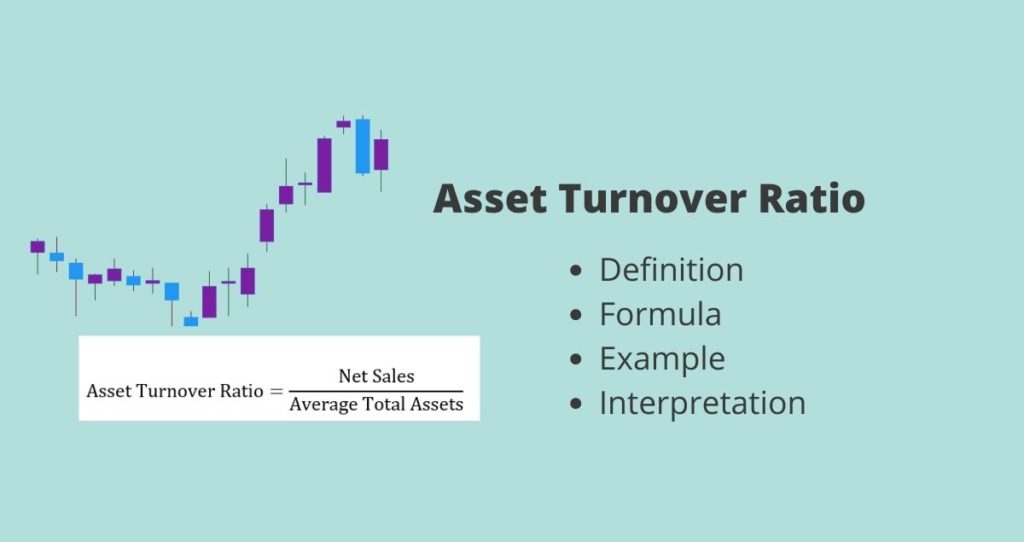What is a checking account?
A checking account also known as a deposit account is an account people use to deposit and withdraw money. These accounts are easy to set-up and accessible for transactions. Most consumers use checking accounts for day to day purchases.
A checking account is different from a savings account. The savings account is stricter than a checking account. For example, the federal government requires no more than six deposits or withdrawals per month on a savings account, according to Bankrate.
In addition, you cannot purchase something using your savings account. You must transfer the money from your savings account into a checking account before using it. Depending on the institution you use, you may be required to fund your savings account every month.
Understanding checking accounts
Your checking account is the account that you use for all transactions (buying and selling goods and services). It is easy to use and has fewer restrictions. You can get money in and out of a checking account with ease.
For example, if you work somewhere, you many provide your checking account for direct deposit. You can also receive a check and deposit it into your account using ATM or by scanning it.
At the same time, you can write a check to someone and funds will come out of your account. For those who shop or pay bills online, they write e-checks and the money will be taken out of their checking accounts without penalties.
In short, a checking account is an account that can be used on many forms of transactions with fewer restrictions. There is pretty much no restrictions on how many transactions you can make on a checking account at a given time.
Ways to fund your checking account
There are many ways you can use to fund checking accounts. The following are a few ways you can use to fund your account.
- Direct deposit. For example, your paycheck can be directly deposited into your checking account from your employer.
- Automated Teller Machine (ATM). You can use ATM to deposit cash or a check in your checking account.
- Electronic Funds Transfer (EFT). With this method, the money can be transferred into your account. For example, you can transfer money from your brokerage account directly into your bank account without paying a fee. It may take a few business days in some cases for the funds to arrive in your account. It is also possible to use the same method when transferring funds from one bank to another.
- Scanning check: With mobile technology advancement, most banks have developed apps you can use to deposit a check by scanning it. You no longer need to go to an ATM. A few minutes is what you need to finish the posit of your chek by scanning it.
Benefits of checking accounts
- Easy to create
- There are many ways you can fund your account
- Checking accounts have no restrictions on how many transactions you can make at a given time.
- Checking accounts are liquid. That is the funds are always ready to be used all the time. However, if you want funds from your account in a form of physical money, you must use an ATM or go to your bank.
- There are chances of making money through interests based on the type of checking account you created.
- You can use it to transfer funds from one account to another
Disadvantages of checking accounts
- You will pay penalties from overdraft. The overdraft happens when you buy something that is worth more than the money you have in your account using a card or writing a check, etc. When this happens, your bank will cover the difference and charge you. You could be charged for every transaction you made during the overdraft period and fees will depend on the bank you use. Also, your bank can apply charges on your account every day your account is still in an overdraft.
- Since the account is liquid, it is very easy to be tempted and spend the funds quickly.
- You can be charged if you violate the terms of an interest-bearing checking account. Usually, investors do not make money from checking accounts. However, there are exceptional checking accounts that give interest to account holders. You could be required to have a minimum amount in the account. Should you go below the required amount in your account? You will pay charges for dropping below the acceptable limit.


